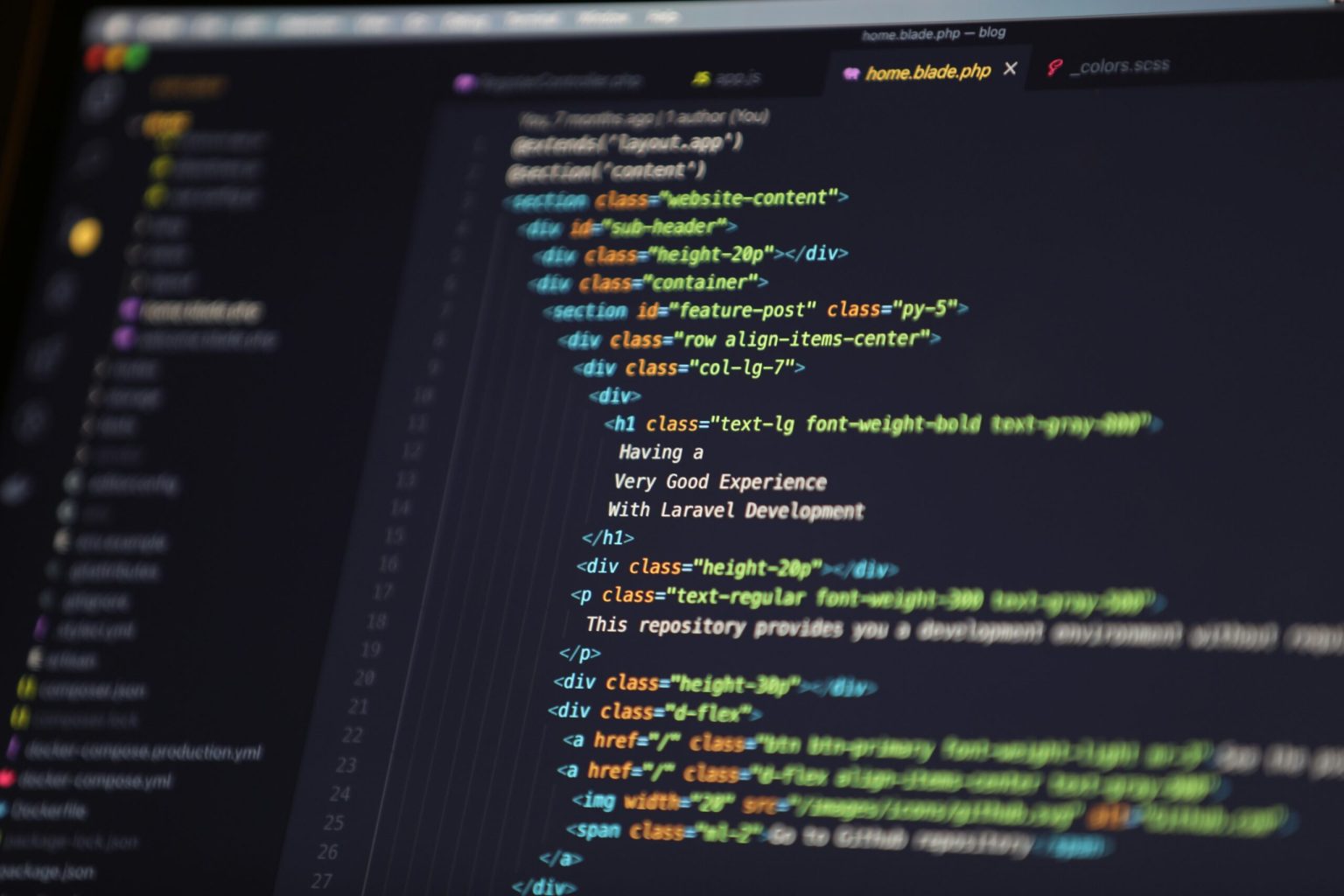
Course Summary
The Back-End Web Development course is designed to provide participants with the knowledge and tools needed to build dynamic, secure, and scalable server-side systems for modern web applications. This course focuses on programming languages, frameworks, databases, and best practices for creating efficient and reliable back-end services.
Through comprehensive modules and hands-on projects, participants will master the fundamentals of back-end development and gain practical experience deploying and maintaining web applications.
Course Objectives
- Understand the role of back-end development in the web application stack.
- Gain proficiency in server-side programming languages and frameworks.
- Learn database design, querying, and management for web applications.
- Develop and integrate RESTful APIs and web services.
- Apply best practices for securing web applications and data.
- Acquire skills to deploy and host back-end applications effectively.
Course Outline
- Fundamentals of Web Development
Overview of the web development ecosystem and back-end principles. - Back-End Programming Languages
Introduction to popular server-side languages like Python, Java, Node.js, or PHP. - Database Design and Development
Concepts of relational and non-relational databases, SQL, and ORM tools. - Web APIs and RESTful Services
Building and consuming APIs for seamless client-server communication. - Server-Side Rendering (SSR)
Techniques for rendering dynamic content on the server side. - Security
Implementing authentication, authorization, and data protection strategies. - Deployment and Hosting
Setting up production environments and deploying applications on platforms like AWS, Heroku, or Azure. - Hands-on Projects
Practical exercises to reinforce learning through real-world application. - Capstone Project
A comprehensive project to design, develop, and deploy a fully functional back-end system.
This course prepares participants for roles in back-end development, providing the technical expertise to support the architecture and functionality of modern web applications.

